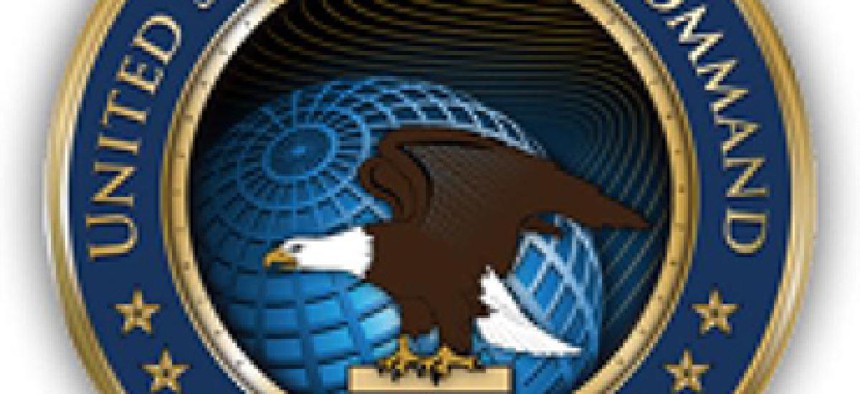Pentagon staffing up to address cyber concerns

Amid growing recognition of serious cyber threats, the Pentagon is planning to divide U.S. Cyber Command into three forces, with added staff.

Amid growing recognition of serious cyber threats, the Pentagon is quintupling the staff for its three-year-old U.S. Cyber Command.
The Defense Department will boost cybersecurity support nearly fivefold in coming years, according to a report from the Washington Post. Current defensive operations as well as increased offensive measures will be key parts of the strategy to CyberCom from its current 900 employees to nearly 5,000 military and civilian personnel.
In a Jan. 24 interview on NBC’s "Rock Center with Brian Williams," Gen. Martin Dempsey, chairman of the Joint Chiefs of Staff, underscored his cyber concerns and the topic's priority in national security as threats and warfare evolve.
"What I worry about is that [a cyberattack] could be used to implant a destructive device that could cause significant harm to the industrial base, whether it’s critical infrastructure or the financial network," Dempsey said. "You’re not going to see these broad, sweeping movements across the desert of eastern Iraq …you’re going to see smaller groups of military formations confronting these distributed enemies across a much wider scope."
To that end, DOD leaders plan to create three types of forces at CyberCom. National mission forces will protect critical infrastructure; combat mission forces will bolster troops deployed in offensive operations; and cyber protection forces will target DOD networks.
News of the expansion plans come nearly a week after the Air Force announced it would increase its cyber forces by 15 percent in 2014. Gen. William Shelton, commander of Air Force Space Command, pointed to CyberCom orders for more cyber personnel, and the new plan indicates the other services will be following suit.
"Cyber Command is in the midst of determining how they are going to operate across all the geographic combatant commands as well as internal to the United States," Shelton said. "It looks like we will be tapped for well over 1,000 additional people into the cyber business, so you can see [cyber] is starting to take root."
Lawmakers on Capitol Hill also are pushing to act on cybersecurity. On Jan. 23 Senate leaders signed a resolution to resume work on comprehensive cybersecurity legislation, which last year failed.
"Throughout my five years of work on cyber, our military and national security officials and our country’s top business executives have made it abundantly clear that the serious threats to our country grow every day," Sen. Jay Rockefeller (D-W.V.), one of the resolution’s co-sponsors, said in a released statement. "It is a priority this year to act on comprehensive cybersecurity legislation."


